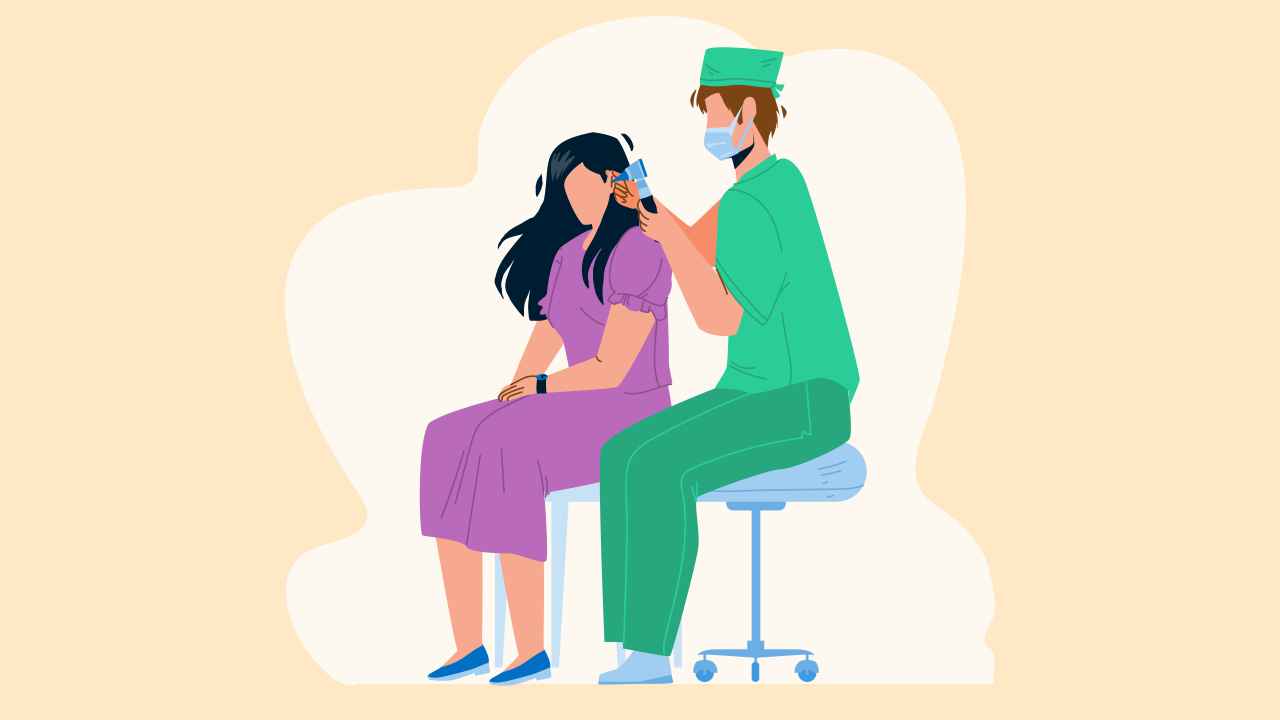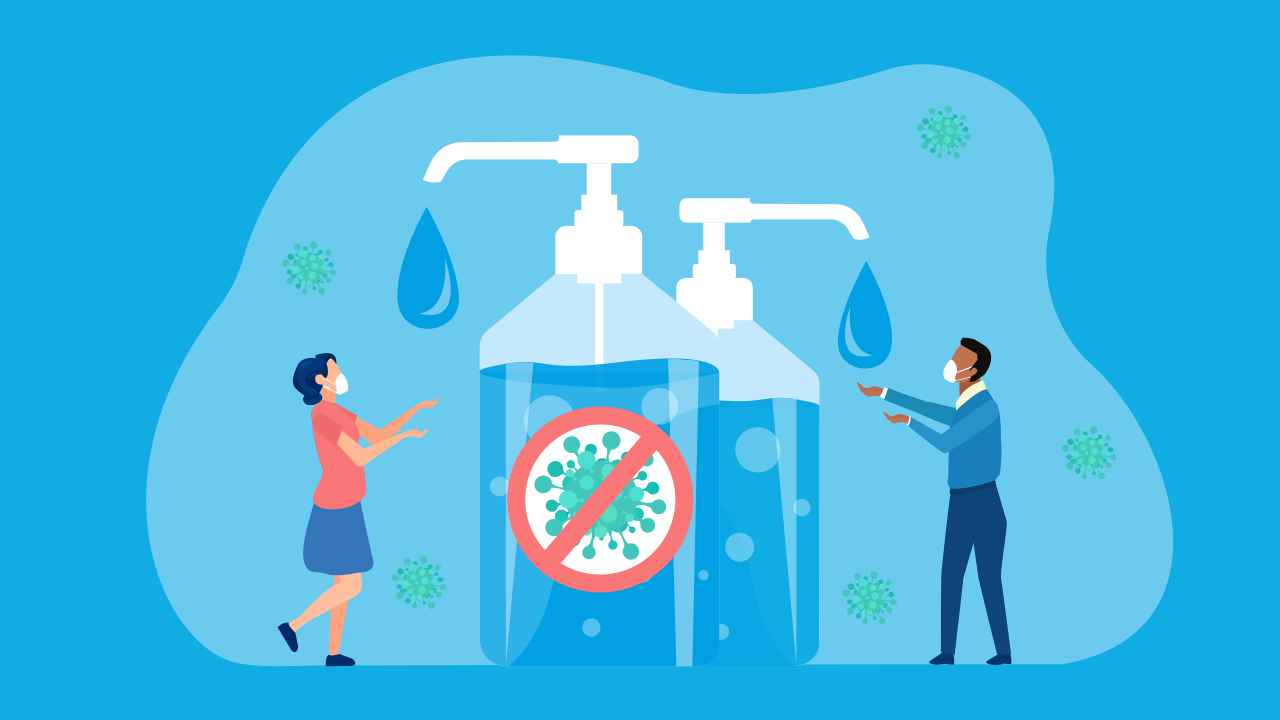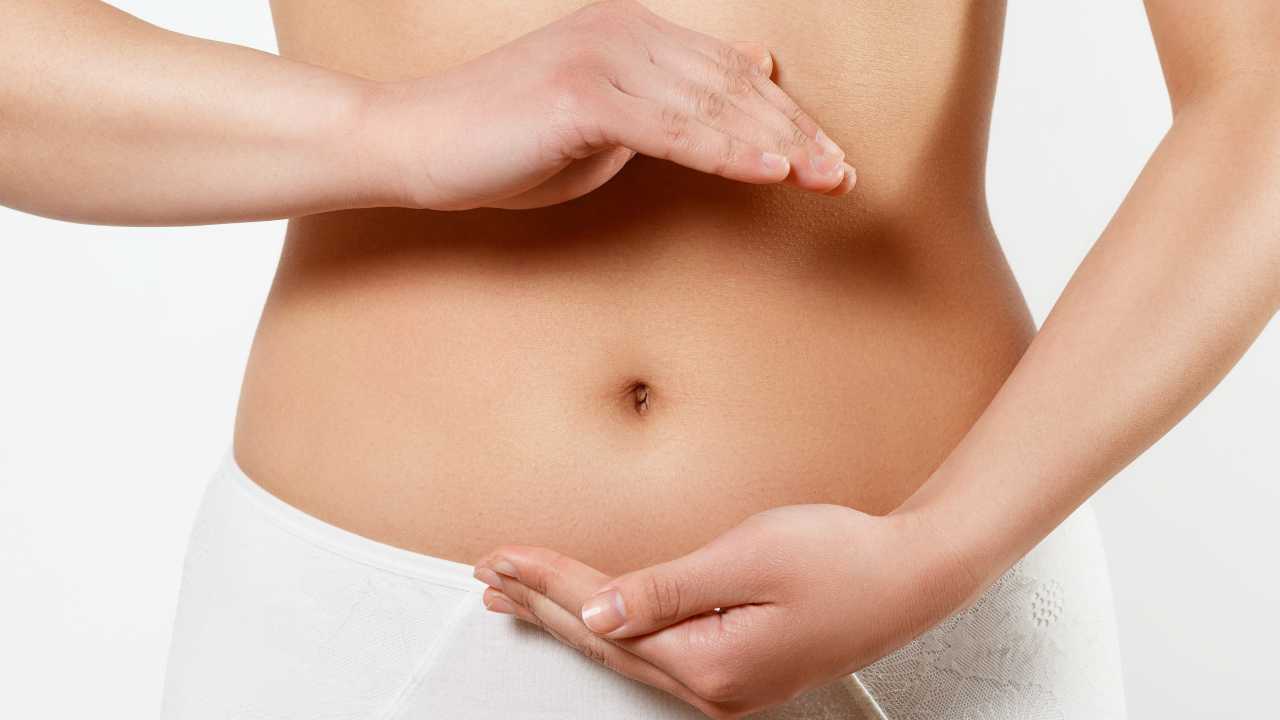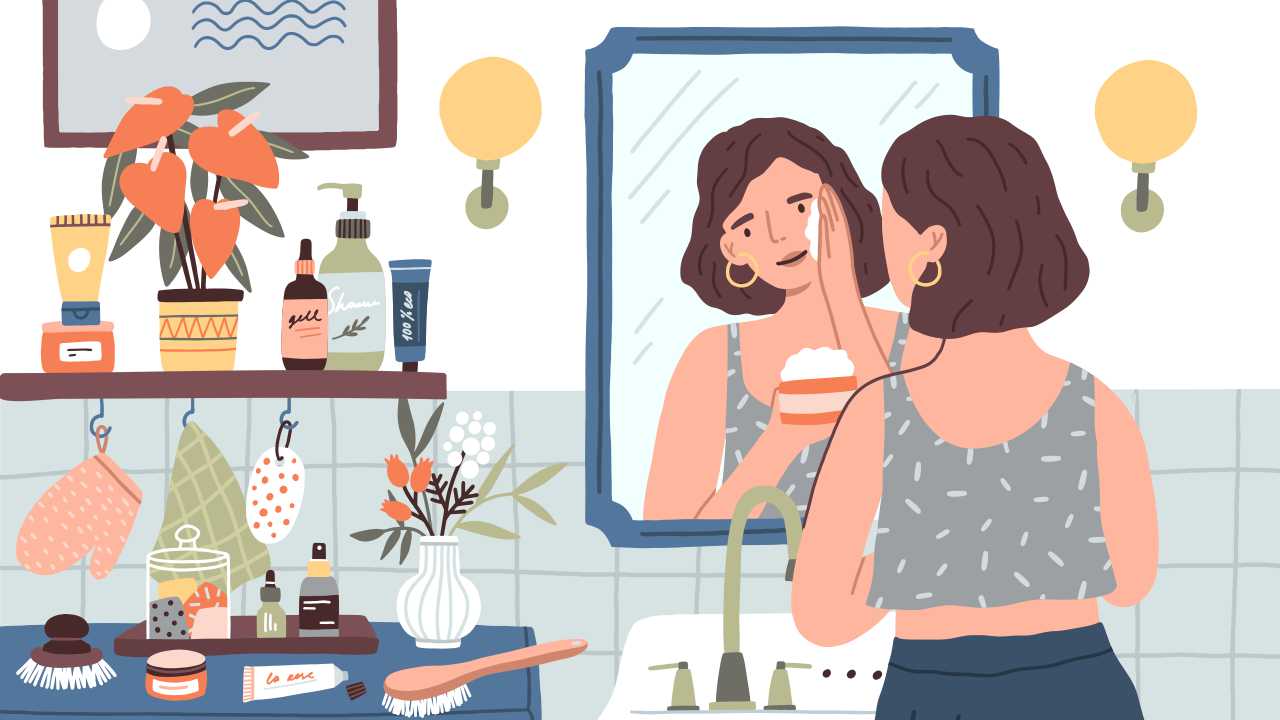
Body Odor: What Causes It and How to Get Rid of It

Hot and humid weather often leaves us sweaty — and stinky. We associate body odor with sweat, but dig this: Your sweat actually is odorless. It is the bacteria in it that release that peculiar smell that we call body odor.
So the next time you smell, blame the bacteria, not the sweat.
Bacteria and odor
Let us understand how these bacteria cause the odor.
Your body heats up after an intense workout or any physical activity. Naturally, it now wants to cool itself and uses sweat as a cooling mechanism — sweat evaporates taking away the excessive heat with it, and you feel cool.
However, the bacteria that are already present on your skin, come in contact with this sweat. They start breaking down the fat in the sweat into chemicals called thio-alcohols and fatty acids, which result in that typical odor.
There are two main glands responsible for sweating — eccrine and apocrine.
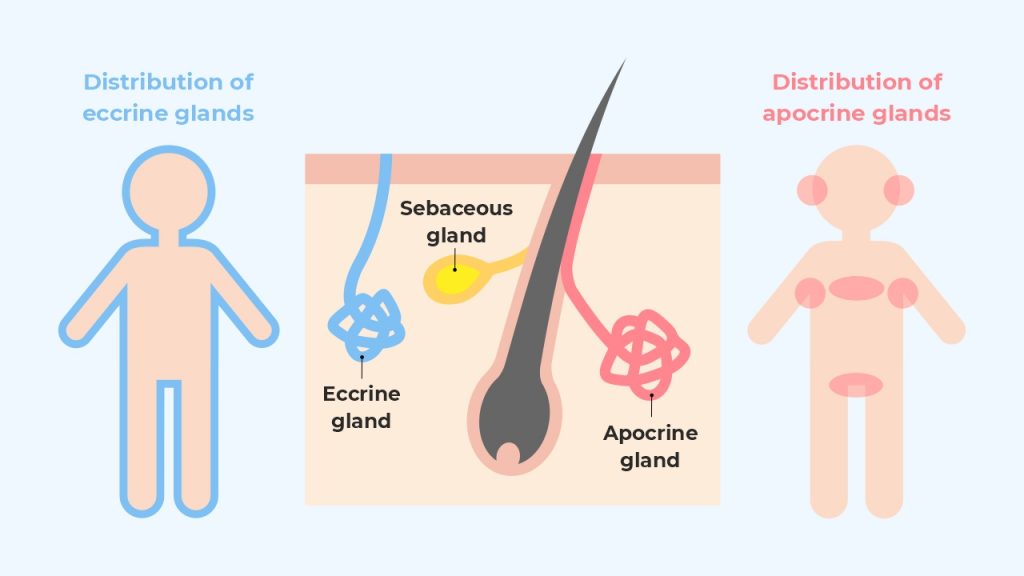
Eccrine glands are present over most of the body and open directly to the skin surface. They mainly release water and electrolytes and are activated when the body produces heat. These glands are also responsible for making you sweat when you are performing some physical activity.
Apocrine glands, on the other hand, are concentrated in areas of the skin with hair, for instance, armpits and genitals. Apocrine glands produce an oily substance, mainly composed of lipids, proteins, and steroids. The secretion is triggered by conditions like stress and anxiety and tends to be odorless till it is broken down by bacteria.
What can cause you to sweat?
- Physical activity such as jogging, running, working out, and sports
- When the climate is hot and humid
- When you are anxious or nervous
- Physical and emotional stress, anger, and fear
- Hormonal changes during puberty
- Hormonal imbalances triggered by menopause, usually manifested in the form of hot flushes
- Medical conditions such as fever, infection, cancer, low blood sugar
Certain foods can also trigger sweat production.
- Processed food like chips and white bread can make you sweat as they are difficult to digest, and your body has to put in extra energy to break them down
- Salty foods. Too much sodium makes you sweat more
- The chemical capsaicin present in hot peppers causes your body to believe it has extra heat and this causes the body to release sweat in order to cool down
- Hot and spicy foods
- Alcohol
- Caffeinated drinks
What can you do to reduce body odor?
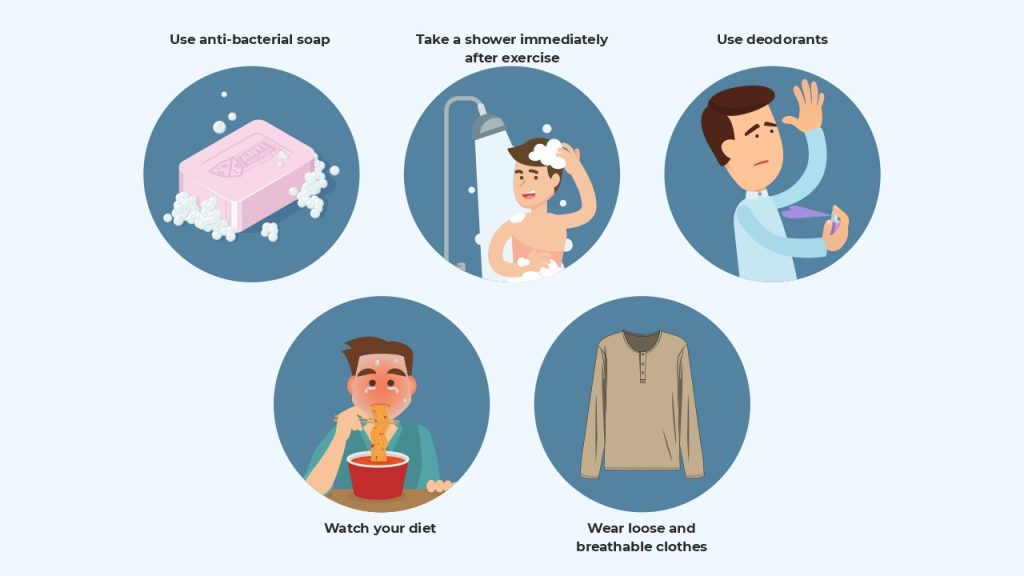
Use antibacterial soap: Since the root cause of body odor is not sweat but bacteria, using antibacterial soap can reduce the bacterial load on your skin. This can in turn, reduce the odor.
Take a shower immediately after exercise: The bacteria dwell in sweat and break it down to make you smell. Taking a shower will remove the sweat and thus, not cause the bacteria to produce the odor.
Use deodorants: Several antiperspirant deodorants are available that might prevent too much sweating. Regular deodorants mask the smell that may arise due to the bacteria, but they do not cleanse your skin. It’s advisable therefore, to take a shower for personal hygiene. But deodorants can be a good substitute if you are outdoors for long hours.
Watch your diet: If you consume food that’s too spicy or salty, you are likely to sweat more.
Wear loose and breathable clothes: Opt for breathable fabrics like cotton that help sweat to evaporate.
Despite being uncomfortable and unpleasant, sweating is a natural process. By identifying the root cause of the odor and following some basic personal hygiene habits, you can keep body odor at bay.
References
1. Felman A. What’s to know about body odor? Medical News Today. 2017; published online Nov 27. https://www.medicalnewstoday.com/articles/173478 (accessed Feb 24, 2021).
2. Stop the Stink: 5 Simple Steps to Prevent Body Odor. Safeguard. https://www.safeguard.ph/en-ph/stop-the-stink (accessed Feb 24, 2021).
3. Sniffing Out the Science of Body Odor. Ask Sci. https://askthescientists.com/body-odor/#:~:text=Stress can trigger sweat production,in abundance near hair follicles.&text=Not surprisingly%2C these two body, to live near apocrine glands (accessed Feb 24, 2021).
4. Eight Foods That Can Cause Excessive Sweating. Clearview Medispa. 2017; published online Feb 6. https://clearviewplasticsurgery.com/blog/eight-foods-can-cause-excessive-sweating/ (accessed Feb 24, 2021).
5. Sweating and body odor. Mayo Clinic. https://www.mayoclinic.org/diseases-conditions/sweating-and-body-odor/symptoms-causes/syc-20353895 (accessed Feb 24, 2021).
6. Talianu MT, Dinu-Pîrvu CE, Ghica MV, et al. Foray into concepts of design and evaluation of microemulsions as a modern approach for topical applications in acne pathology. Nanomaterials 2020; 10: 1–43.



